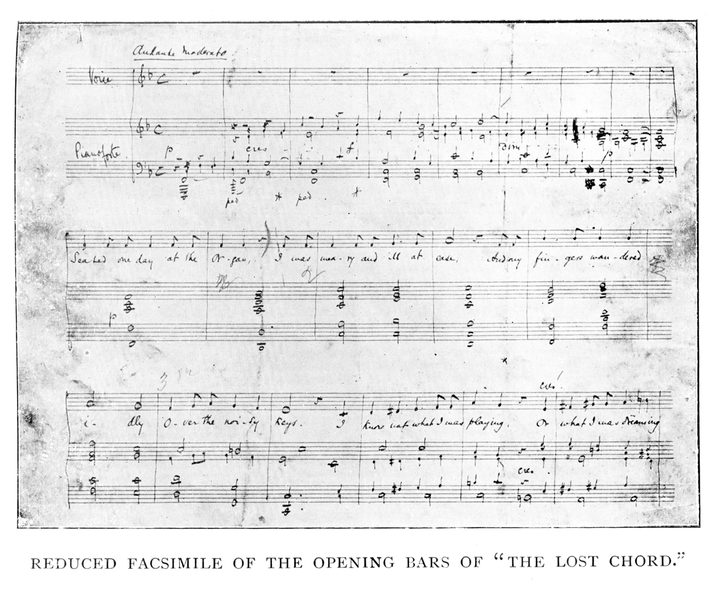httpv://www.youtube.com/watch?v=EGjx93yB0gMb
Given the state of our politics these days, this may be the perfect film to watch on this particular Saturday night. (Video not embedded: click on the image and then hit the YouTube link.)
The 24 year old Frye in a letter from Oxford to Helen Kemp relates a story involving a classmate, a somewhat addled aristocrat, and the Marx Brothers’ 1933 classic, Duck Soup:
The other night in the lodge our only sprig of nobility, the Honourable David St. Clair Erskine (one of our tame homosexuals as well) came in from the Dramatic Society’s performance of Macbeth and met Baine, who had just come in from seeing the Marx Brothers in Duck Soup. The Honourable David St. Clair Erskine was tanked up just enough to be affable to anybody–when he woke up the next morning and realized that he had spoken to an American Freshman Rhodes Scholar to whom he hadn’t been introduced he probably went on the water wagon for life. He said: “I enjoyed the show (meaning Macbeth) very much, didn’t you?” Baine: “Very much (meaning Duck Soup). “I remembered that I had seen it before, but I enjoyed it very well the second time anyway.” The Honourable D. St. C.E. (somewhat staggered): “I — I understand they didn’t get it all rehearsed in time, and are adding a few scenes at each performance.” Baine: “Yes, I noticed it had been cut a good deal, but thought it had been censored.” The Honourable Et Cetera: “I like the leading lady — she’s new to Oxford, but she did very well.” By this time, there being no leading lady in the Marx Brothers picture, the first faint roseate blush of dawn began to appear in Baine’s mind, but he wisely decided the situation would be too much for the H. D. St. C. E.’s bewildered brain to cope with at that point. (CW 2, 702-3)
The rest of the film after the jump. This is the Marx Brothers at their very best. Many will no doubt be amazed just how many of the classic Marx Brothers scenes come from this one movie. About the best way I can think of to spend 80 minutes. As a bonus, this is also a pristine, high definition version of the film. Enjoy.


